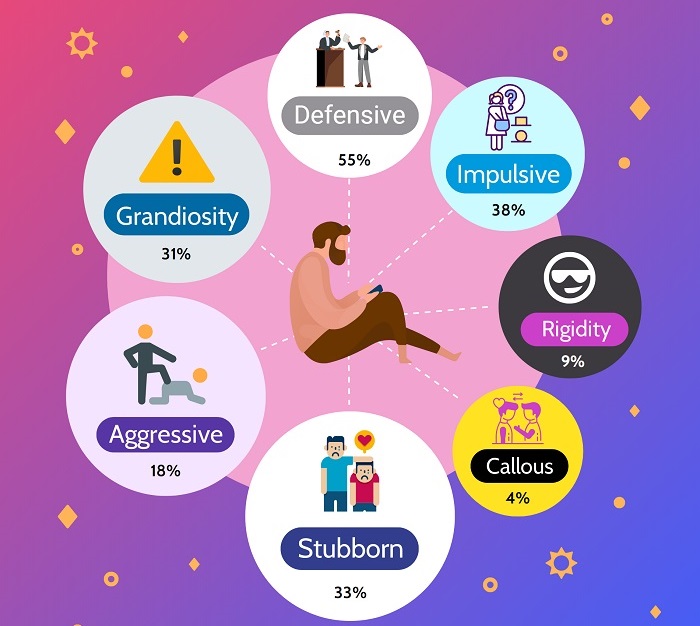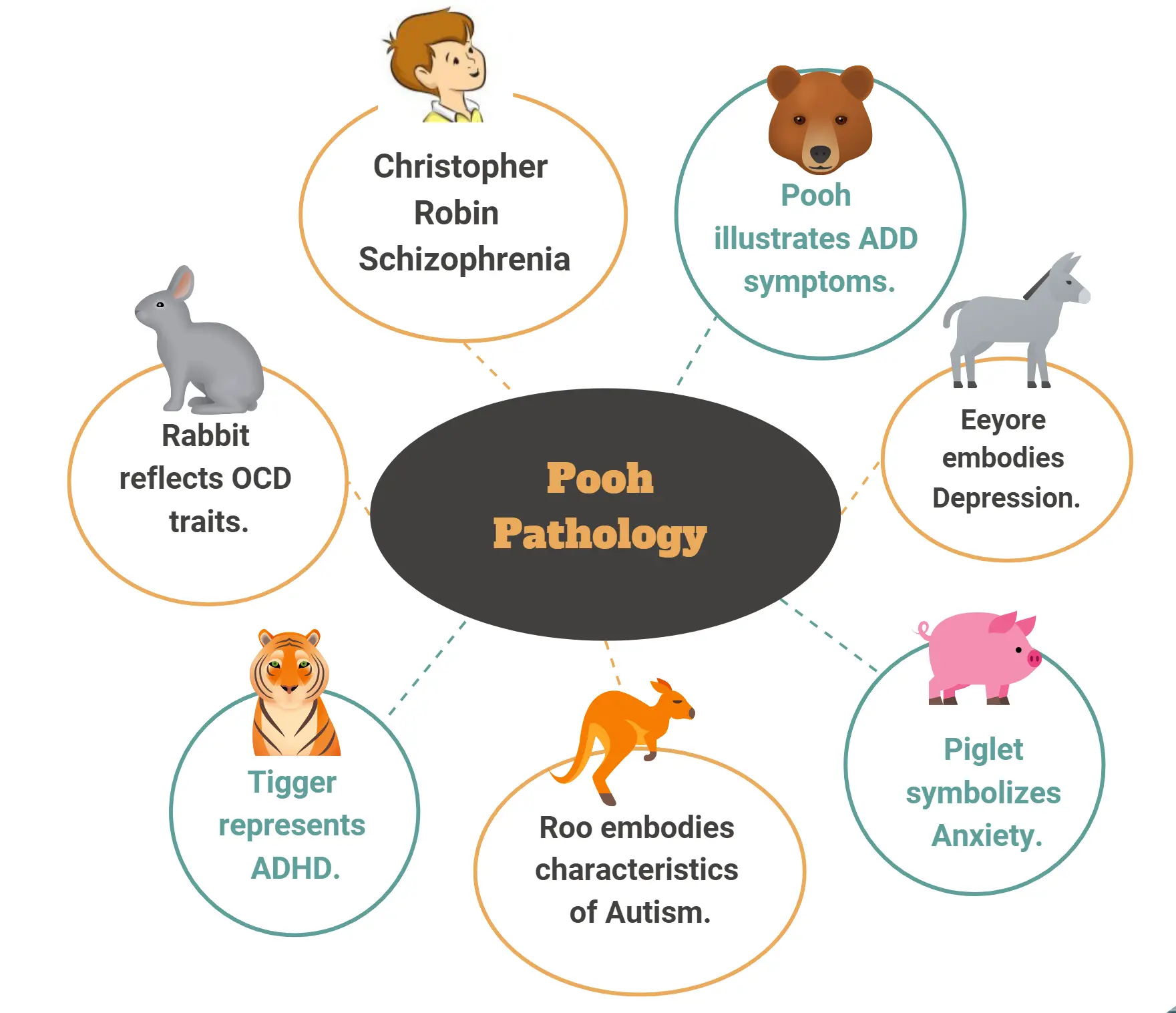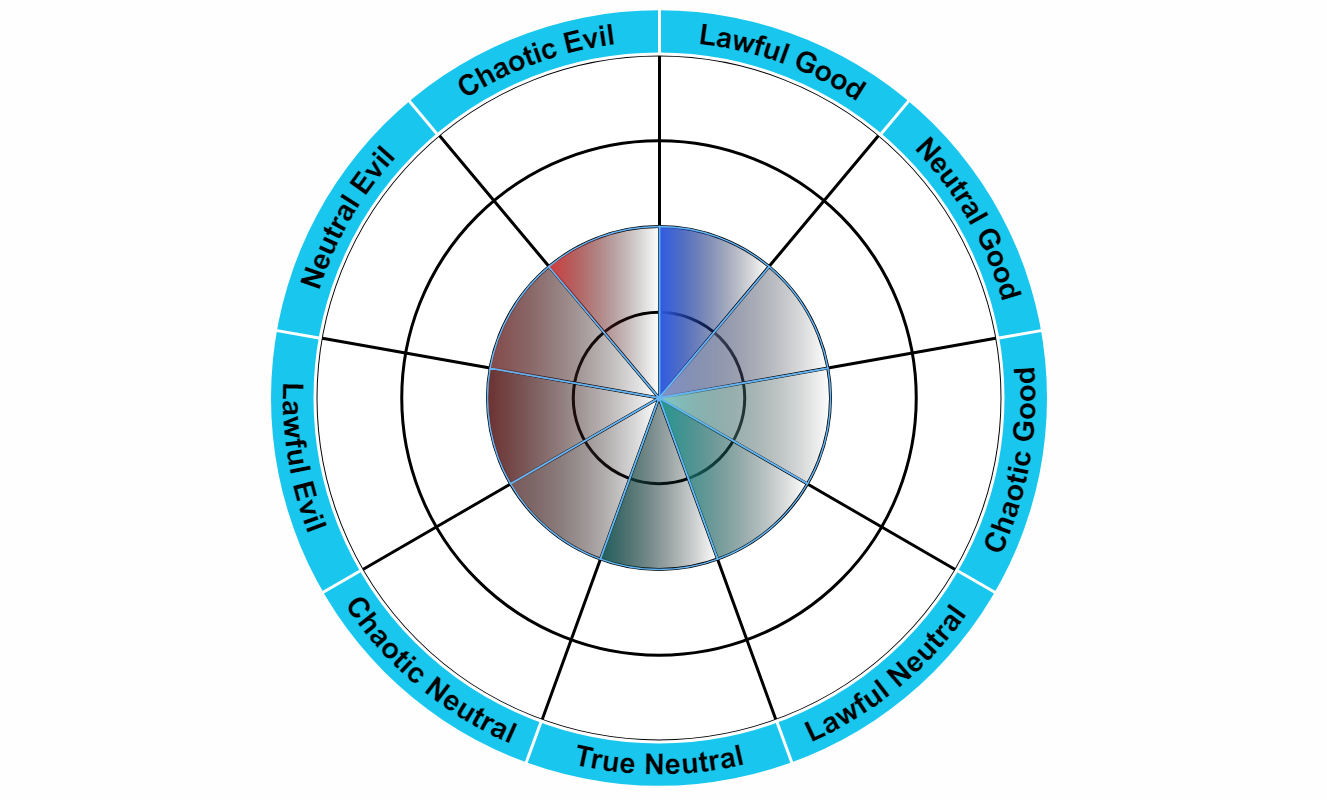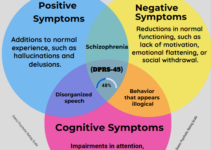Basic information | |
|---|---|
| Statements: | 33 |
| Duration: | 3–5 minutes |
| Type: | Self-assessment |
| Publishing year: | 2023 |
| Seminal paper: | Difficult Person Scale (DDPS-35) [1] Development and Validation of the Difficult Person Scale (DDPS-35) |
Difficult person test is digitally adopted version of Difficult Person Scale (DDPS-35). [1] Development and Validation of the Difficult Person Scale (DDPS-35) Participation in this self-assessment tool is completely anonymous, your results are not store or used for research purposes.
Difficult Person Facets
The term ‘difficult person’ is a psychological construct used colloquially to describe individuals who may face challenges in maintaining positive interpersonal relationships or encounter difficulties in their interactions with others. From a psychological standpoint, this characterization often involves an exploration of various personality traits, communication styles, and coping mechanisms that may contribute to the complexities of their social dynamics.
Difficult person quiz is digital adaptation of DDPS-35 Version 5 which is the standard psychometric scale used to evaluate characteristics and behaviors that may be perceived as challenging or difficult by others. Below are the facets which are considered responsible for making a person difficult to get along with.
Grandiosity
An example of a high level of grandiosity – Lilly, who always exaggerates her achievements or abilities and is constantly seeking attention from others. She also expects to be treated as special, and she may become angry and agitated if her expectations are not met. If you have also got a high level in this facet then you may also take the narcissistic personality disorder test.Stubbornness
Stubbornness can be a good sign of determination, but it may also prove to be harmful if it prevents you from considering new ideas and perspectives. So if you got a high score in this facet, then you are preferring to stick with what you believe and know. Sometimes you have to compromise or negotiate in situations where others are involved but if you are unwilling and stick with what you believe it may cause conflict or tension. It’s important to strike a balance between persistence and flexibility, as an excess of stubbornness can make someone difficult to work with.Rigidity
Individuals who exhibit rigidity can be difficult to work with because they tend to be inflexible and prefer to stick with their established routines, doing things according to their beliefs and preferences. If you have a high score in this trait, you have difficulty adapting to your partner’s needs, and you may become upset or anxious if your habits or routines are disrupted.Impulsiveness
Impulsiveness means acting without considering the consequences of your actions or doing things without thinking of potential outcomes or risks. The difficult person exhibits signs of impulsiveness because they tend not to listen to others and fails to consider different perspectives or ideas. This type of behavior makes a person difficult to get along with. You may face financial problems, relationship difficulties, or legal issues.Defensiveness
If you got a high score in the defensiveness trait, then it simply means you have a tendency to become guarded in response to criticism and perceived threats. You may be perceived as a difficult person who denies responsibilities and blames others for your own mistakes.Aggressiveness
Aggressiveness can be a natural response to a perceived threat. Aggressive people tend to behave rudely and harmfully towards others. If you have a high level in this test, it means you are a somewhat difficult person to get along with because you may have difficulty controlling your temper and you may be showing physical or verbal outbursts.Callousness
Callousness refers to a lack of empathy and acting in a cold way. Individuals who exhibit a high level of callousness may be indifferent to the feelings and well-being of others. If you got a high score in this trait, then it simply means you prioritize your own interests and beliefs and lack concern for others.References
Dar, D. M. (2024, March 6). Development and Validation of the Difficult Person Scale (DDPS-35): A Psychometric Assessment of Difficult Personality Traits Among College Students. https://doi.org/10.31234/osf.io/6y2bx ↩











